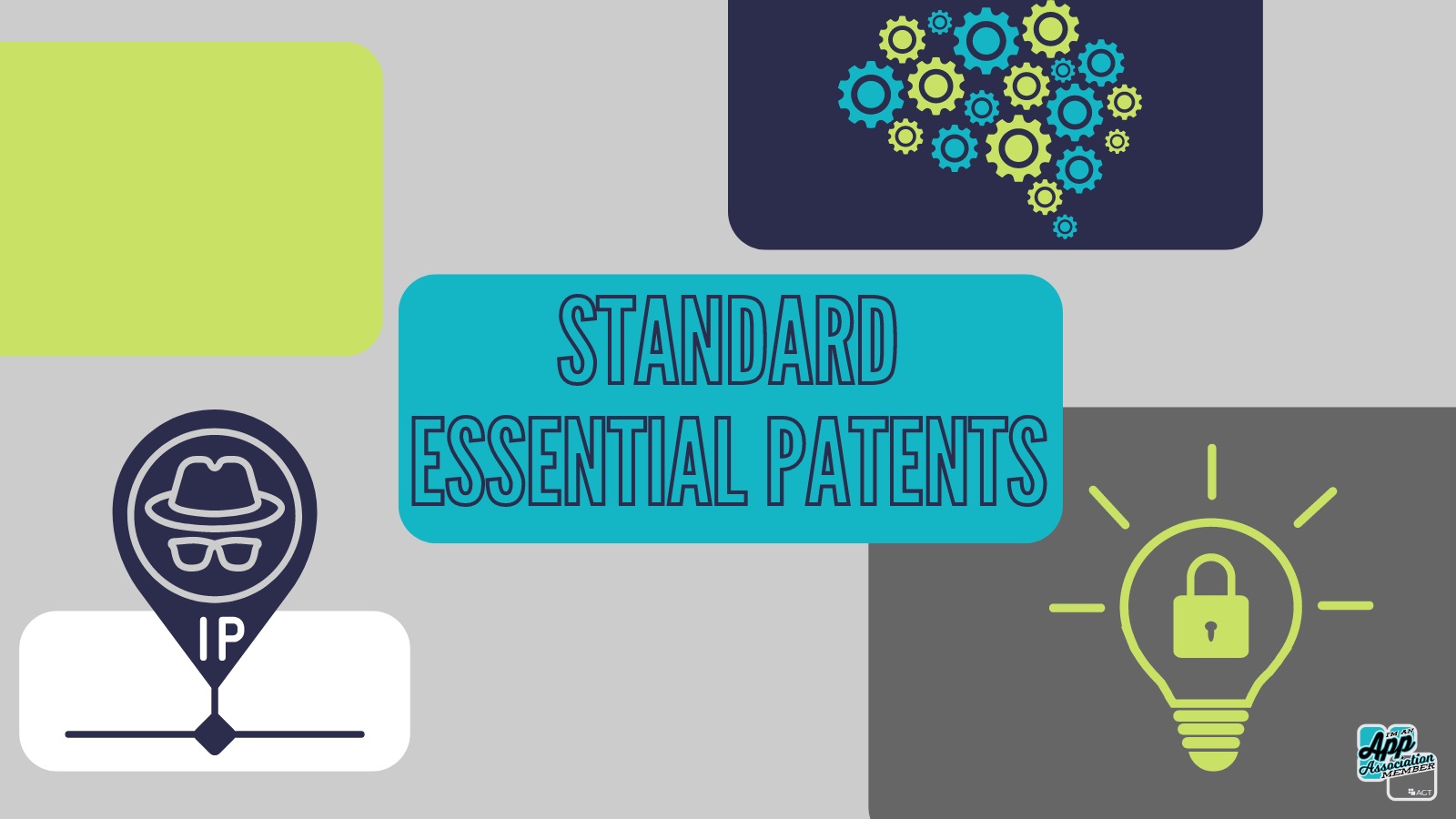Despite being adopted by a super-majority vote (454 to 83) of the European Parliament, the European Commission decided to withdraw its proposed Standard Essential Patents (SEP) Regulation earlier this year. This leaves startups, scaleups, and small and medium-sized enterprises (SMEs) across Europe exposed to the same unpredictable and costly licensing environment they were promised relief from.
Introduced in April 2023, the regulation was designed to make the SEP licensing landscape more transparent and predictable, especially for SMEs, by reducing legal uncertainty and the risk of costly disputes. Utilizing technical standards (such as 5G and Wi-Fi in connected devices), SMEs are able to explore new frontiers of innovation, building technological solutions for tomorrow’s challenges.
The evidence-based proposal provided tools to bring clarity to licensing negotiations, ensuring SEP owners provide essential technology on fair, reasonable, and non-discriminatory terms as they promised to do, in support of European innovation.
Why it matters for startups and SMEs
With the proposal unexpectedly off the table and no replacement announced, the problems in SEP licensing have NOT gone away. In fact, it leaves startups and scaleups in the same position as before:
- Unpredictable fees and terms make it impossible to plan ahead or budget with certainty.
- The power imbalance allows large patent holders to dictate terms, leaving smaller companies with little choice but to accept unfair offers or risk injunctions.
- Different rules in every country mean SMEs can be dragged into costly legal fights they can’t afford.
As Tomas Navratil, COO of member company LucidCircus, put it, ‘You get a letter with an offer, and you have no idea if that offer is good or bad. You just have to take it, or risk an injunction that could put your company out of business.
Without a common framework, SMEs will continue to face an opaque and unpredictable system that slows product launches, drives up costs, and discourages the cutting-edge innovation Europe says it wants to lead.
Where we go from here
The Commission may have stepped back from its proposal, but the need for SEP licensing reform remains urgent. The Court of Justice of the European Union (CJEU) has highlighted how fragmented and inconsistent SEP licensing disputes are undermining innovation and competitiveness across the EU.
The App Association is deeply disappointed by the withdrawal of the SEP Regulation without a clear alternative. But we are not standing still. We will continue to push for a balanced European framework that ensures startups, scaleups, and SMEs can use technical standards to power mobility solutions on fair, reasonable, and non-discriminatory (FRAND) terms.
We are ready to work constructively with the Commission, Parliament, and Council to deliver a solution that rebalances the system and supports innovators of every size. The choice is not between regulation and no regulation at all. It is between leaving startups, scaleups, and SMEs exposed to an unpredictable and predatory system, or providing the clarity and fairness they urgently need.
